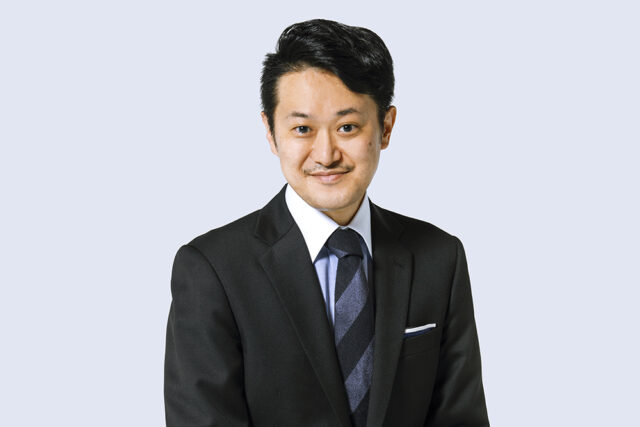Workday is expanding its reach into Japan and Asia Pacific after segmenting the region by creating two separate business units. This will allow the finance and human resources cloud applications provider to further their investments in both.
Appointments have been made for each business unit, with Takumi Masai named President of Japan and Simon Tate appointed President of APAC.
The Asia Pacific arm will focus on growth across the region where there are more than 800 customers headquartered. According to the company, Workday applications are now used by more than 50 percent of the Fortune 500.
“With over 25 years’ experience in the enterprise software industry, I have seen many transformative technologies and I’ve long admired Workday as a leader and visionary in enterprise cloud applications,” Tate explained. “It is an exciting time to be joining Workday, as we see the power of AI shape the future of work. When combining that with Workday’s employee and customer-focused culture, we are well poised to seize the immense opportunity in front of us.”
In Japan, Workday will look to build on the success it has already achieved in the country with several leading firms using its solutions.
“We are seeing more Japanese companies embracing technology and data-driven transformation and are honored to have corporations such as Nissan, Rakuten, Mitsui Chemicals, and Topcon choose Workday as their enterprise technology partner,” Patrick Blair, President Global Sales at Workday, stated. “We are amplifying our investment and tailoring our solutions to better align with Japanese business processes and regulations and ensuring our customers’ success. Our partnerships with companies like IBM Japan, Hitachi Solutions, and Toshiba Digital underline our commitment to deepening our roots in Japan.”
Also Interesting: Meet the company hoping to end Thailand’s paper dependency
Interesting Analysis
Workday commercials are seemingly unavoidable in the United States but their presence in Asia is minimal. While its solutions are suitable for Japan, Australia and Singapore, many organizations elsewhere may not be willing to invest in its offerings unless they are tailored for individual markets.
Keep Reading: Japanese startup XPAND K.K. solves the far away problem with QR codes


































